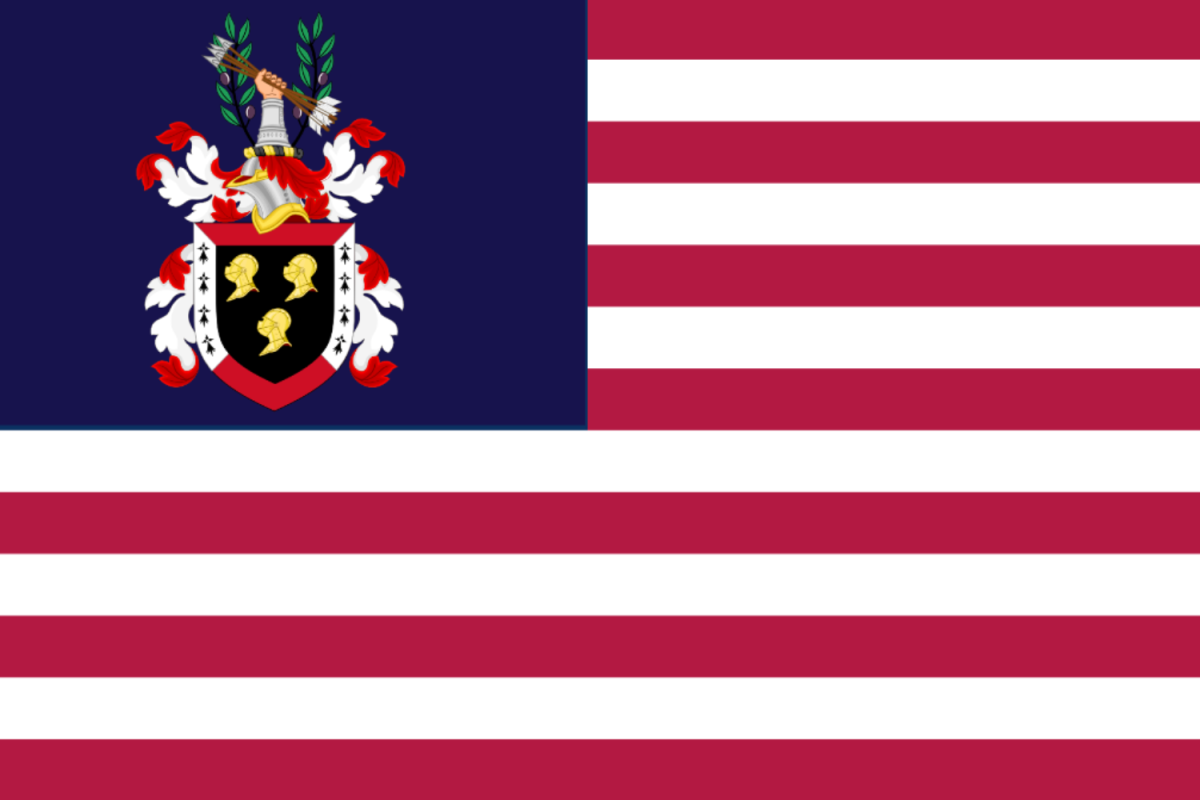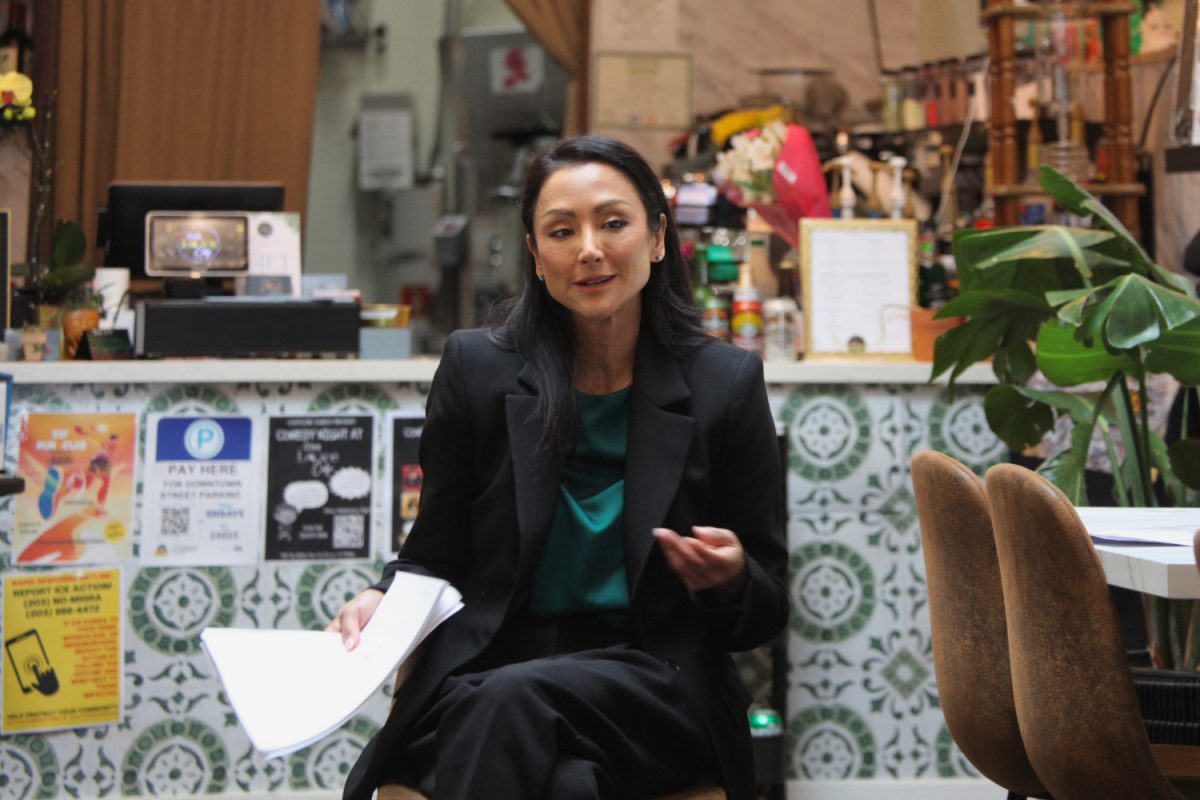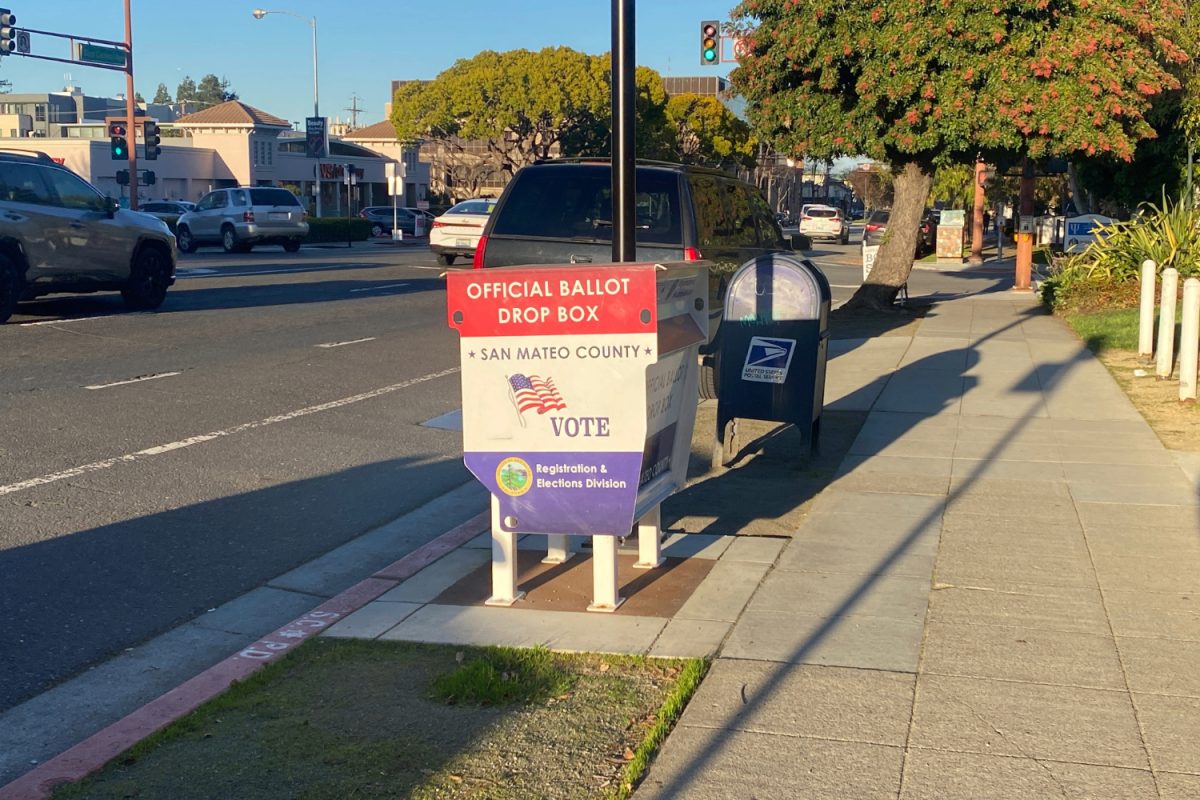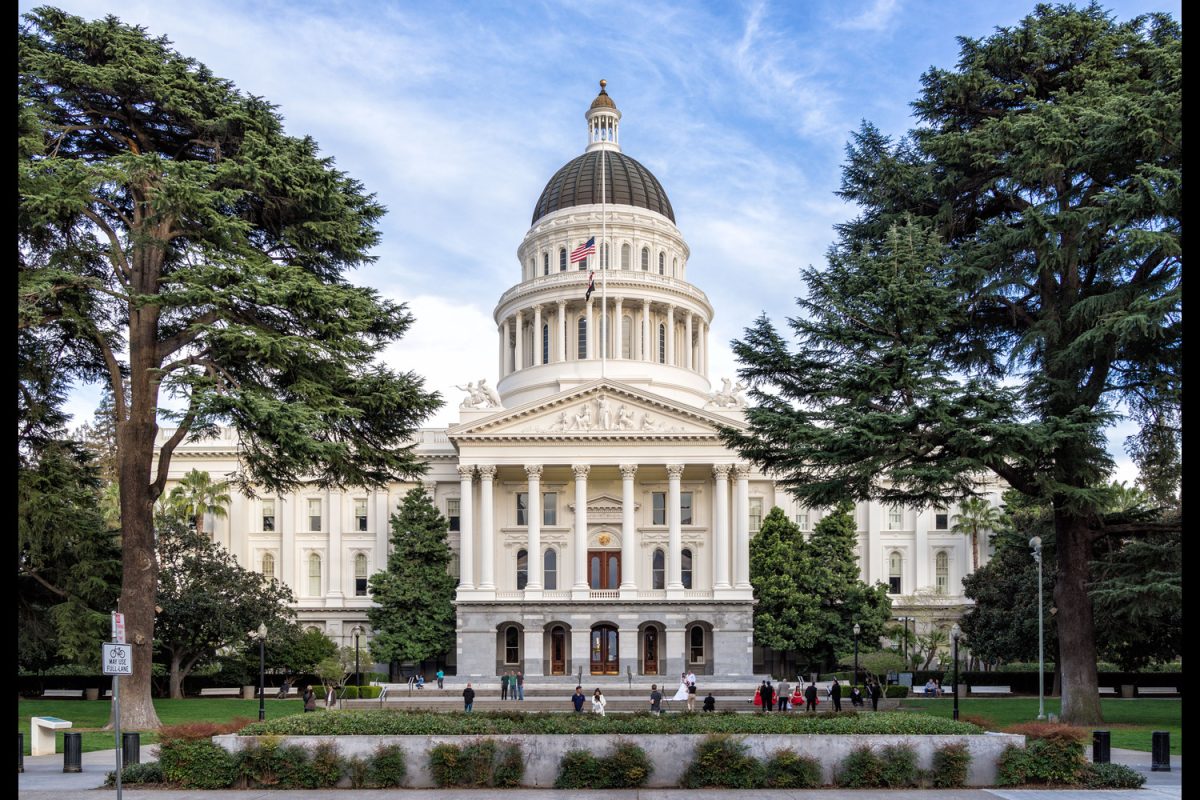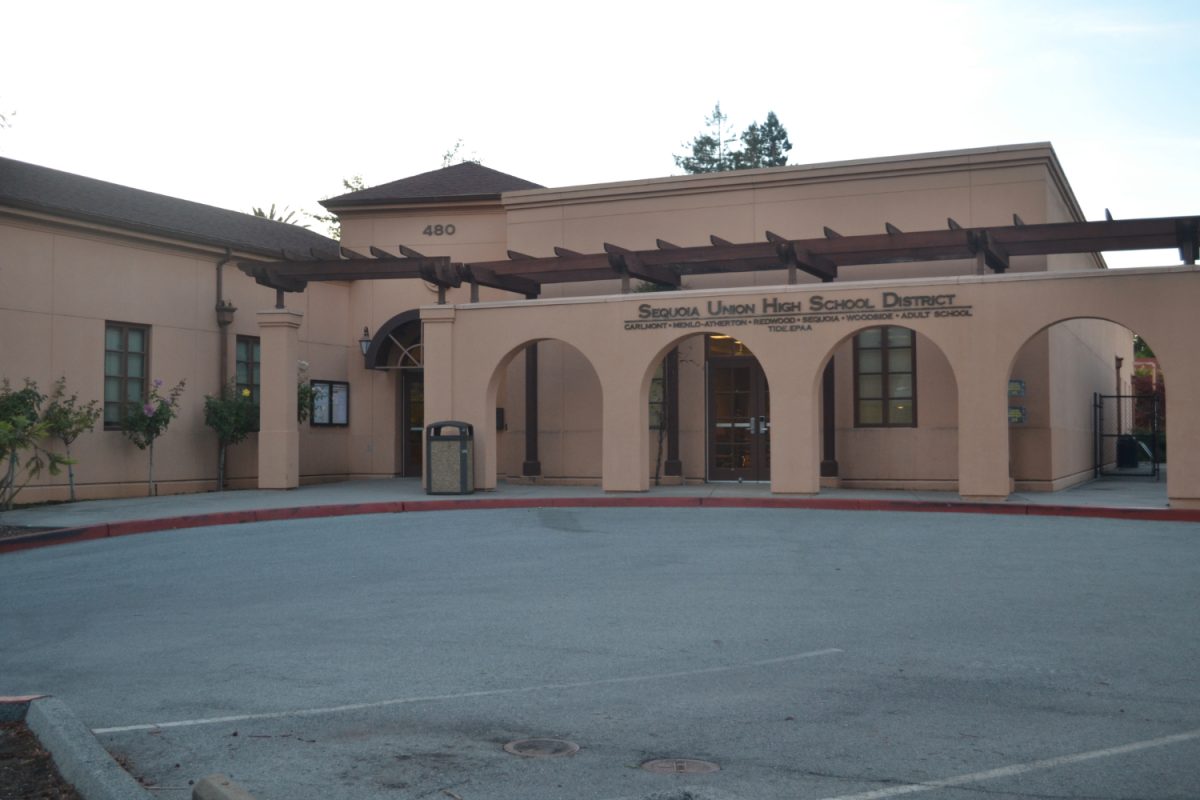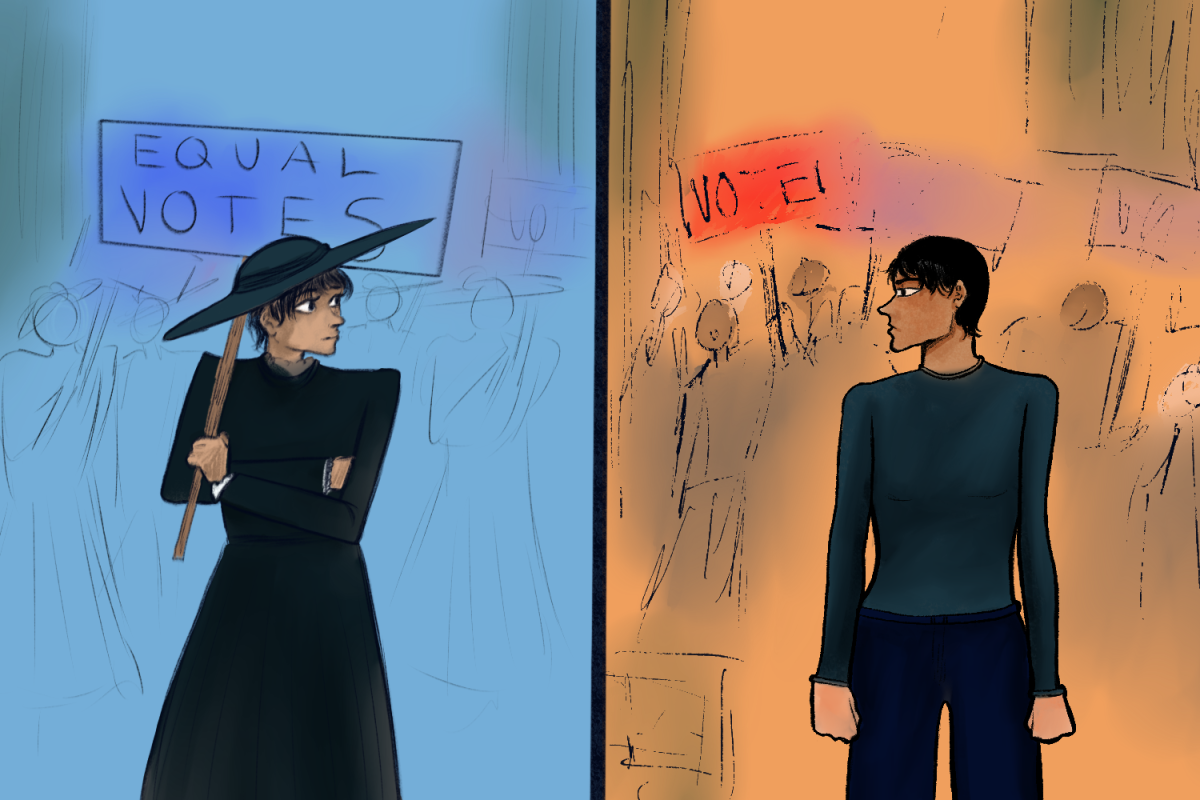The American government is not one dominated by monarchy … or is it? Political dynasties rule the American government behind the scenes at a rate more hidden and buried than is made public.
Since the birth of the United States, political families have dominated all forms of legislation. American dynasties have been a cornerstone of politics from regional to state to federal. Whether through mayoral positions in prominent positions like New York City, senatorial positions in states like Texas or Massachusetts, or even presidential positions, familial groups have been a fundamental of American politics.
“People associate political dynasties with older families who are not necessarily in positions of power right now, like the Roosevelts or even the Adams, but in actuality, it is ever present,” said political enthusiast Thomas Wells, who studies political patterns in his free time.
A study published by Ernesto Dal Bó, Pedro Dal Bó, and Jason Snyder found that 8.7% of Congress members (the House of Representatives and the Senate) come from dynastic families.
The more powerful a position is, the more likely a dynastic family dominates it. The Senate shows this trend at twice the rate, and at the point of the presidency, nearly half have a relative who was in a power of politics predating them.
Various factors contribute to this, including where people are from. Political dynasties are most prevalent in the South.
“Specific locations have a markedly higher concentration of political families which go from the state House of Representatives and state legislature to much higher and more prominent positions of power,” said Susana Thewelis, a political expert.
However, politics is less influenced by political parties, with a fluctuation between Democrats and Republicans occurring since the 1950s.
“This is less an issue of political sides, but more an issue of how government and elected officials are put into office,” said Sophia Lee, a Carlmont sophomore.
The Adams and Harrisons, at the start, climbed their way into various political offices, including presidencies.
Common names are the families of Kennedy, Bush, and Rockefeller. But lineages that can trace their roots back to the Udalls, Lee (e.g., Robert E. Lee), Livingston, Kellogs, Seymours, Chapmins, and Pendleton are trickled through regional and federal politics.
The Political Graveyard compiles a list of all politicians that there are or were and their familial connections. In Maryland, the Pendleton-Lee family has 195 prominent political members who have also dug their feet into federal politics. The Harrison family, which has branches leading to the Randolph, Marshall, and Cabell families, holds 276 members of notable political positions.
But why is this? There are plenty of professions where a daughter or son follows in their mother or father’s footsteps. Nearly any profession, from doctors to carpenters, shows this practice. But when it comes to legislators, the graph skyrockets.
Is this nepotism? The answer is complicated, but yes and no.
According to the U.S. Merit Systems Protection Board (MSPB), nepotism, the practice of using familial connections to make decisions or appoint positions to make decisions favorable to these individuals, is prevented in government.
However, connections to a political family bolster voter popularity and get the initial campaign off the ground. This is especially true when the family name is still attached to one’s last name.
Furthermore, members of these families are more likely than not to come from wealthy families. Wealth is a major cause of the success of political campaigns. These political families are eager to assist with putting one of their own into a position of power. As a result, these political campaigns are very successful.
While the MSPB does its best to prevent nepotism, ambassadorships that the president appoints are to the president’s liking. The Kennedys have had six ambassadorships in the past 100 years, including to Great Britain and, currently, Australia by Caroline Kennedy.
The Presidential power puts cohorts into office that would not otherwise be in office. While they may not necessarily be of prominent political families, the same rule can be applied when it is. During Turmp’s first presidency, a litany of political offices were filled by President Donald Trump’s donors.
“There is probably someone representing your district or state or likeness who comes from a political family,” Thewelis said.
Kevin Mullin, the representative for California’s 15th congressional district where Carlmont High School is located, is also privy to this pattern. Gene Mullin was the mayor and State Assembly member for South San Francisco.
“Government should be made by the people, not just a select group of families,” Lee said.

